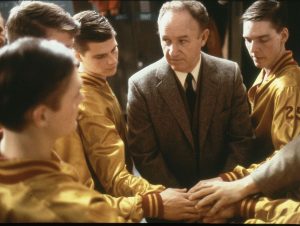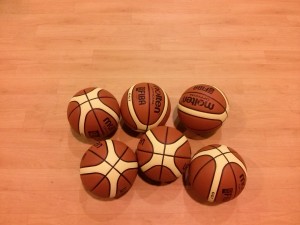"Not everyone is trained to lead people (…) is to manage emotions, objectives, motivations, difficulties (…). Good leadership guidelines don't come in the genetic code, so you can prepare whenever you want."
That's how you lead, that's how you compete. Patricia Ramirez.
Technical, tactical or physical knowledge, basic in a coach's mastery, needs to be accompanied by other fundamental aspects, such as methodology, psychology, or team leadership.
Within team management, we have to differentiate the category in which we are training. While there are backbones, logically it is not the same dealing with mini-basketball equipment as with senior equipment, for example.
Let's ask ourselves a couple of questions:
Why do I want to be a coach?
- Says Marcelo Bielsa, football coach "I believe in the amateur spirit, in love for homework. It's the only thing that makes the traffic for work satisfactory"
What is our vital approach?
- Reactive approach. You focus on what you can't control "I don't have enough hours of track", "there are always casualties", "I needed more balls".
- Proactive approach. You focus on what you can control, what's really up to you, so you can act on it.
We will have to locate and keep in mind some of the key variables in the team address:
- What's your personal idea?
- Players (team) what players do we have? What type of team/club do we train in?
- Coaches (technical body) do I have assistants? Am I an assistant? Level of collaboration between coaches within the club?
- RRMM available. Large, small track, balls, cones, etc. How much do I train a week?
- Environment (direct / indirect). coordinator, technical director, managers/family, friends.
- Objectives. Training as an indisputable and non-negotiable basic.
As an initiation coach, in addition to leading we must train, and unite the group. Some ideas for doing so:
- Let's keep in mind that children come to have fun, they want to have the ball, then we maximize the work with ball, taking advantage of the time that we have to train.
- We encourage the player's talent.
- Let's lead from example.
- They're all important, no one must. The good guy doesn't play alone.
It is essential to have/create your own working method:
- Why and why do we do what we do?
- Let's form our own style, collecting influences, but not copying by copying.
- Grow from one's own experience, which we will acquire in our day to day, learning from others, and through continuous training.

